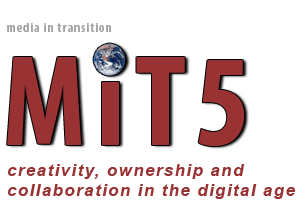In the Los Angeles Review of Books, CMS/W Professor and Open Documentary Lab founder William Uricchio critiques the promise of virtual reality, as told in three new books by VR hopefullists Peter Rubin, Jaron Lanier, and Jeremy Bailenson:
Okay, the industry’s penchant for hype going on humbug needs to be moderated lest it overwhelm technological possibility. But VR faces three additional existential threats that need to be considered as the field develops.
The first regards our cultural tendency to put old wine in new bottles. In VR’s case, this means shackling the medium’s immersive potentials to the task of storytelling. VR is much better suited for environmental exploration, for storyfinding, than for the more constrained notion of storytelling. It builds on the experiential narratives enabled by some game genres far more effectively than on the narrative structures inherited from cinema and literature.
The second regards VR’s greatest competition: our nightly dreams. They offer compelling, completely immersive, and pixel-free virtual worlds. What would happen if we approached virtual reality the “other way around”? In other words: Rather than focusing on the cognitive processes triggered by strapping a phone over our eyes, what would happen if we learned to shape and program our dream state? This is an invidious comparison, of course (although researchers are hard at work on it!). But it suggests that hardware solutions may be inherently limited, and that we need to take human wetware approaches more seriously.
The third threat involves the inherent isolation that currently defines VR. Isolation has distinct limits. Social VR, by contrast, shows that this still-nascent medium may well have the capacity to connect us with one another, rather than trap us in our own worlds. And in so doing, it may open VR to an entirely new set of possibilities in speculative world-building, while acknowledging the intrinsically social dimension of human reality.





